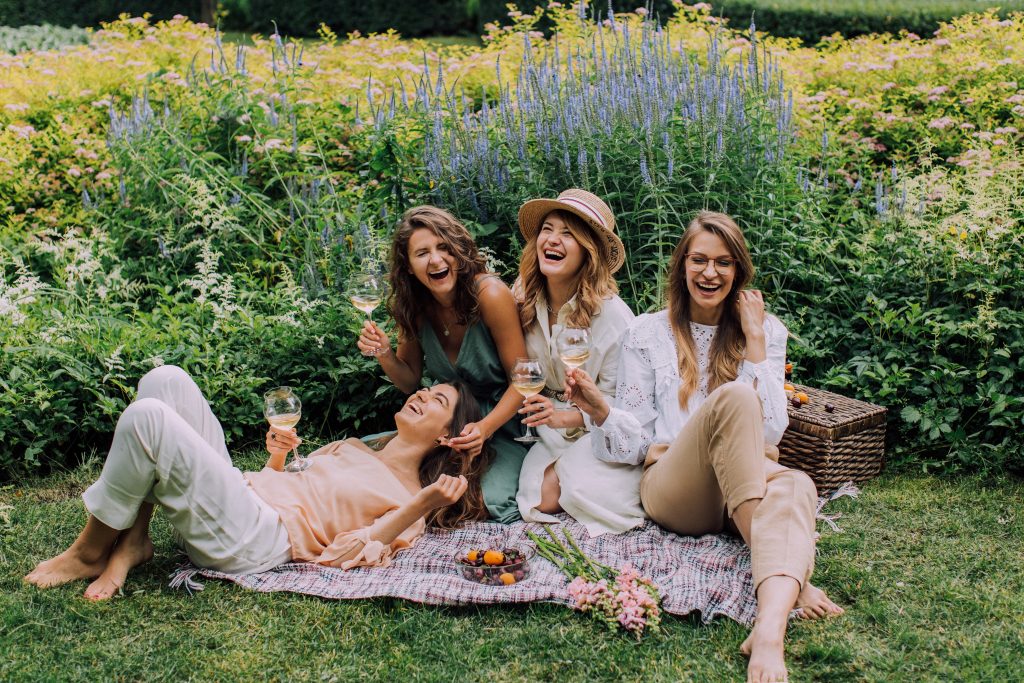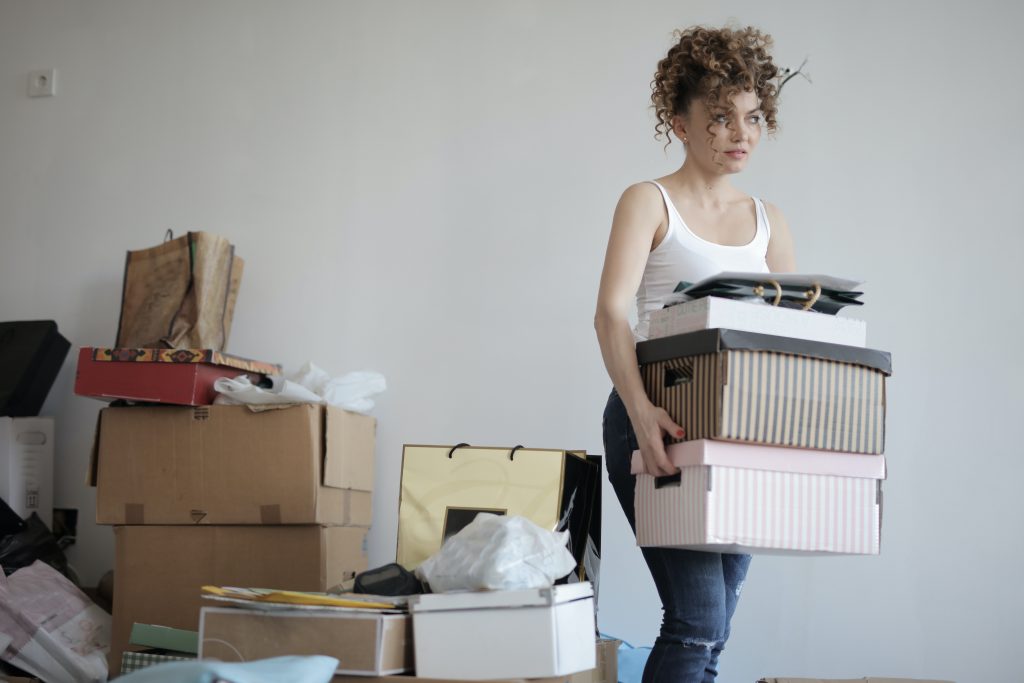
I think it would be fair to say that everyone wants to be happy. It therefore makes sense to pursue this goal through doing things that make us feel happy in the moment. Or so you would think.
In psychology, there are two popular conceptions of happiness: hedonic and eudaimonic. Hedonic happiness is achieved through avoiding discomfort and pursuing pleasure and enjoyment, while eudaimonic happiness is achieved through experiences of meaning and purpose. Both play an important role in overall happiness. Yet pursuing happiness for its own sake does not lead to a happier life.
In 2010, Psychologists Veronika Huta and Richard M. Ryan produced a piece of academic research entitles ‘Pursuing Pleasure or Virtue: The Differential and Overlapping Well-Being Benefits of Hedonic and Eudaimonic Motives’. In this study they split participants into two groups. They instructed the first group to do a daily activity that gave them pleasure. They instructed the second to do an activity that they found meaningful. After ten days the happiness group, who had undertaken activities such as sleeping in, eating sweets and shopping experienced the highest levels of happiness, but three months later the effects had waned. The meaning group, who had pursued activities such as building relationships, helping others, or learning new skills, were continuing to experience greater levels of joy, wellbeing, and inspiration three months later.
Instant gratification has its place, but if we want to live a happier life, we must pursue things that have meaning for us. This means that we must first find out what gives us meaning. Its sounds obvious, yet it requires a level of paying attention to our deepest desires that few people take the time to do. We are bombarded by messages, normally from those that wish to sell us something, telling us what we need to make us happy. But to truly uncover this we must go within and get in touch with who we are and what is important to us at the most fundamental level, and to hold an awareness of who we want to be and the life we want to create.
This is important to do because the things we truly want don’t always gratify us in the moment. For example, relationships are important to me; they fulfil me and make me feel connected and supported. Yet sometimes I would rather suit myself than make the effort to nurture an important relationship in the moment. I’m not suggesting that good relationships require that we never taking time for ourselves or express our boundaries. Simply that choices that build fulfilling relationships such as taking the time to listen when we are busy, working through a conflict or fulfilling a social commitment when we feel tired, don’t always gratify us in the moment.

As a former hospice Chaplain, I have had many conversations with people coming towards the end of their life. It is very normal at this stage to spend time looking back to find meaning in our lives. Such things are not memories of instant gratification. They are things that have required thought and intentionality. Acts of service, learning, relationships, and the pursuit of meaningful goals.
I encourage you to picture yourself at the end of your own life and ask yourself ‘what do you want to look back and see?’. Then turn off the TV, put the crisps away and go and go and make a start.
